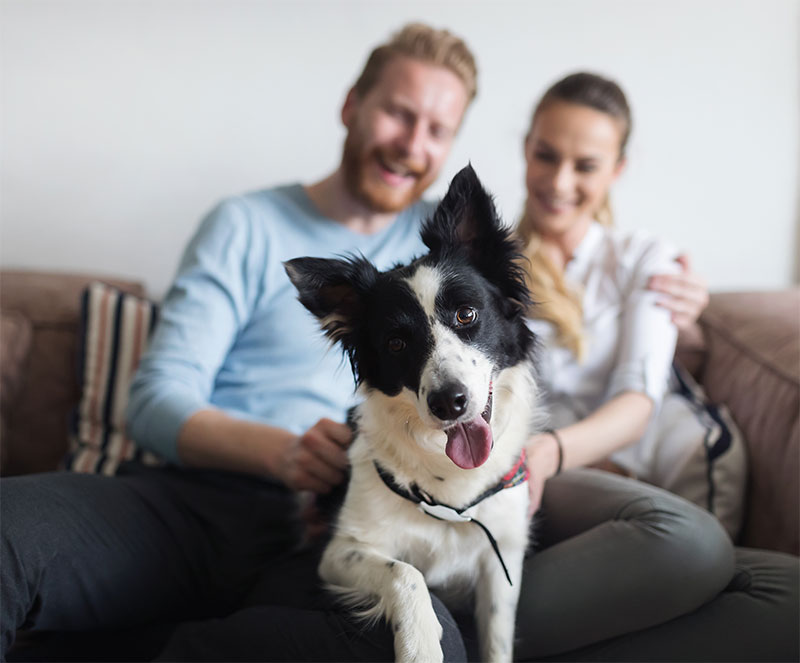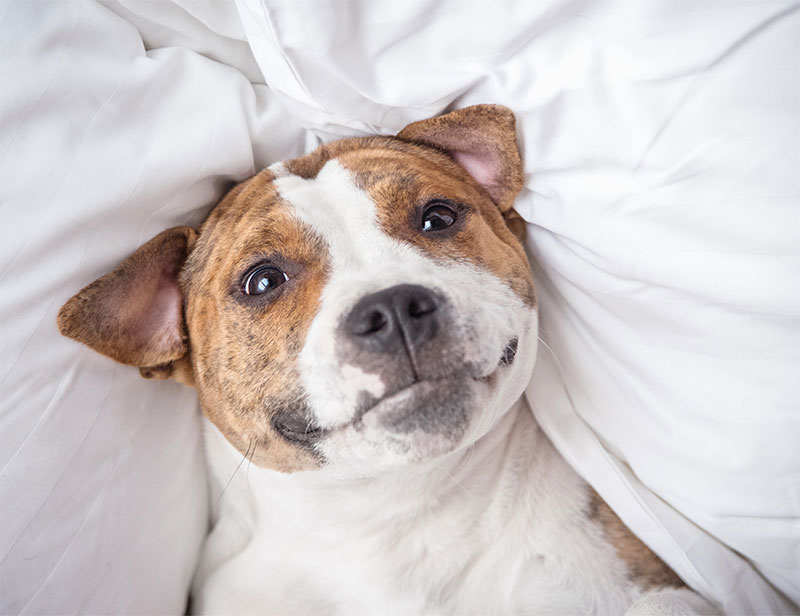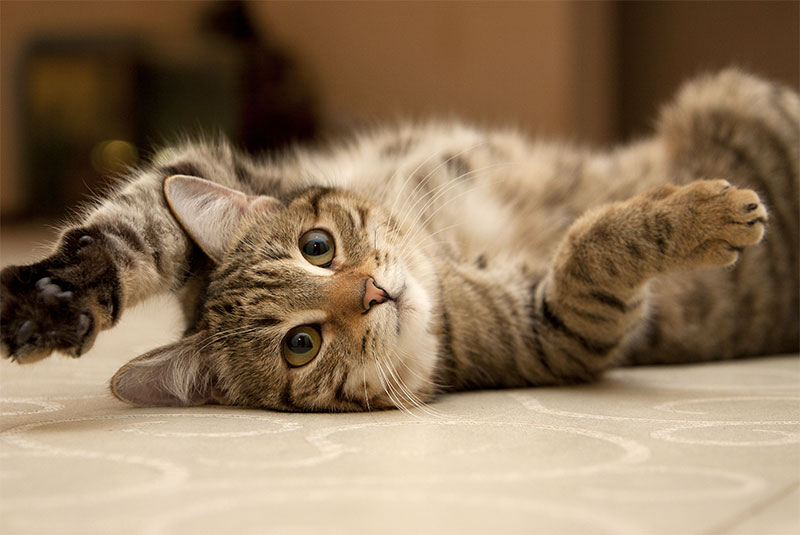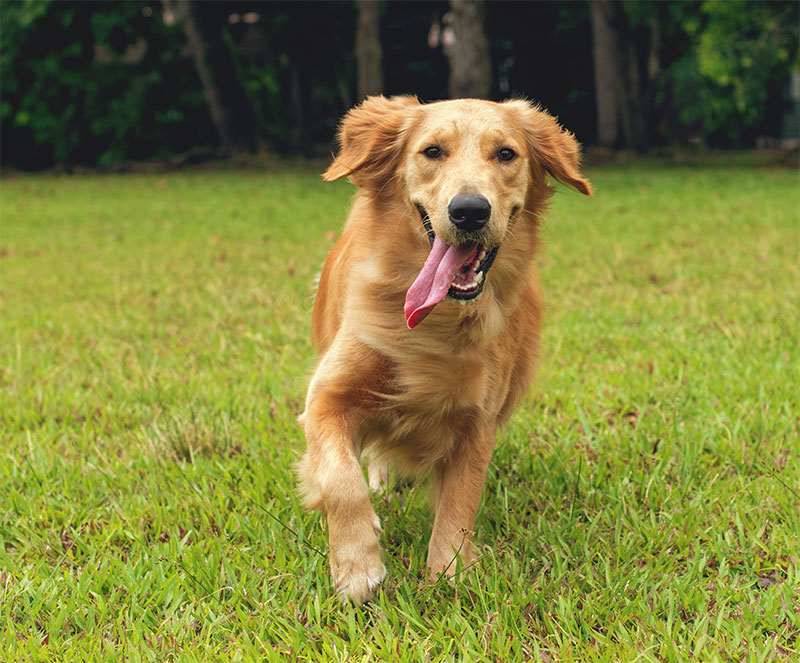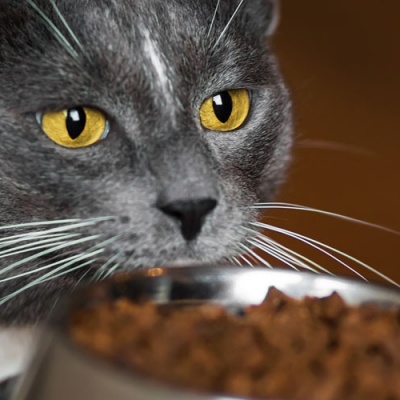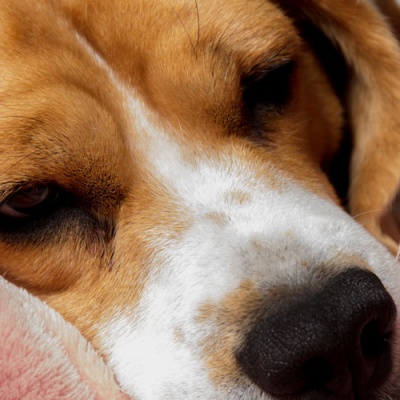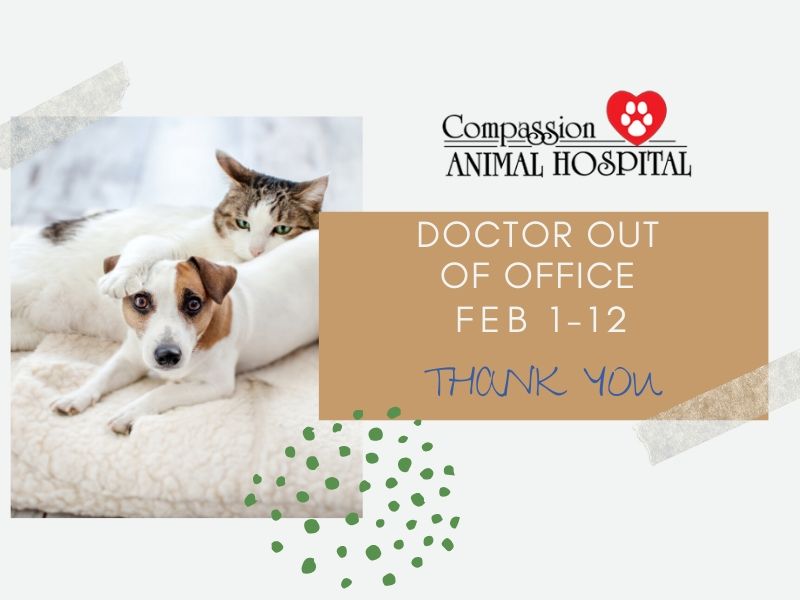Choosing Healthy Food for Your Pets
A healthy body starts with a balanced diet and good nutrition. In fact, many health conditions in pets can be addressed and improved with dietary adjustments.
Choosing food for your dog or cat, however, isn’t always as simple as choosing healthy food for yourself. Dogs and cats have different digestive systems and body chemistry than humans do, so a healthy diet for a pet doesn’t look exactly like our own.
Thankfully, there are lots of great pet food formulations available ready-to-go, complete with all the calories and nutrition your pet needs.
We recommend selecting pet food for your pet based on your dog’s or cat’s specific lifestyle, health, weight, age, size, and medical history. The following pet food brands, however, are a good place to start:
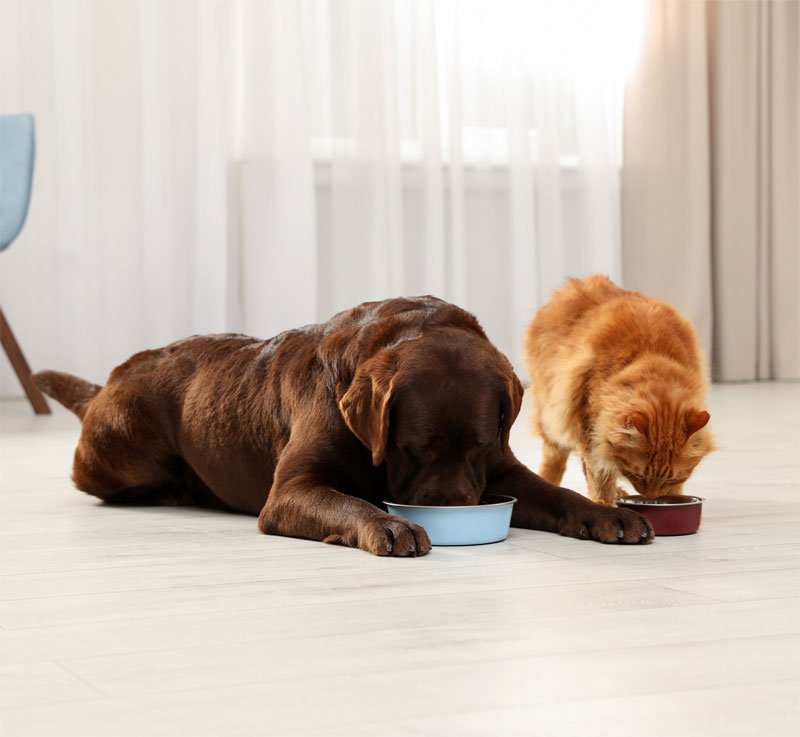
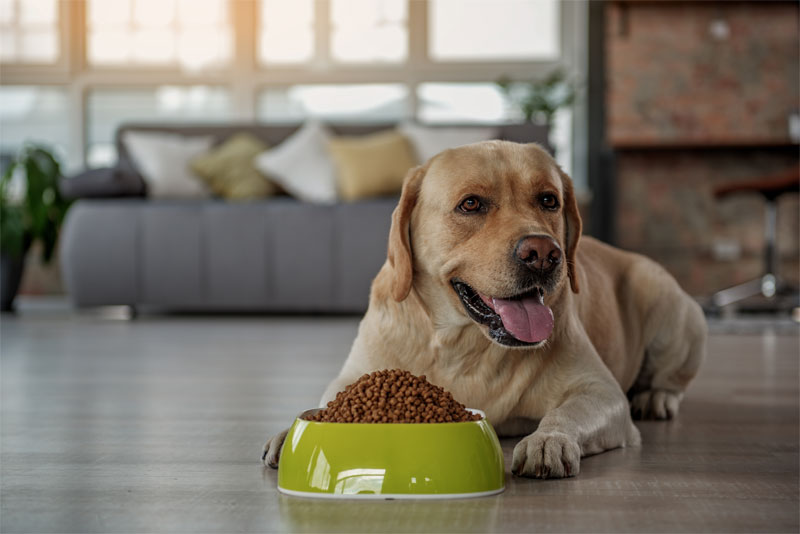
Top-Recommended Dog Food Brands
- Wellness Complete Health
- Instinct Original Grain-Free
- First Mate
- Hill's Science Diet
- Nature's Logic
- Blue Buffalo Life Protection
- Taste of the Wild
- Purina Pro Plan
- Orijen
- Nulo Freestyle
Top-Recommended Cat Food Brands
- Lams Proactive Health
- Hill's Science Diet
- Purina Pro Plan
- Purina Cat Chow Complete
- PetGuard Organic
- Fancy Feast
- Royal Canin
- Friskies
- Open Farm
- Smalls
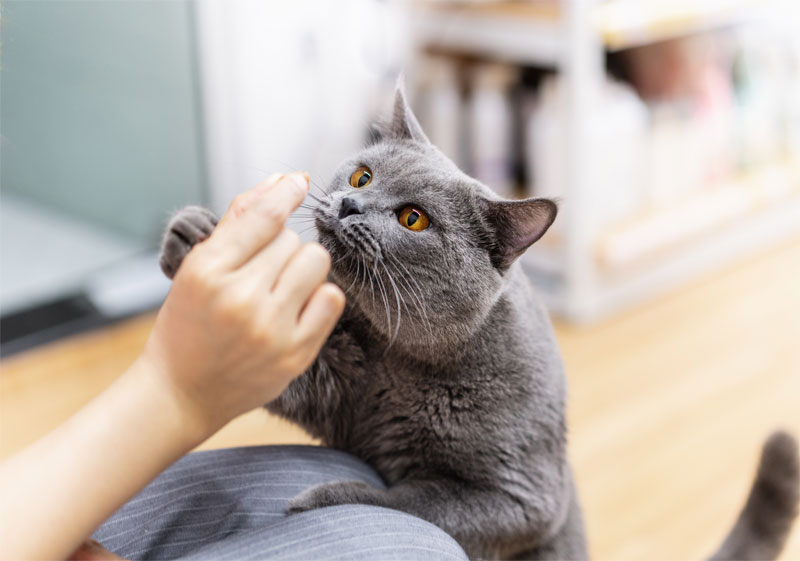
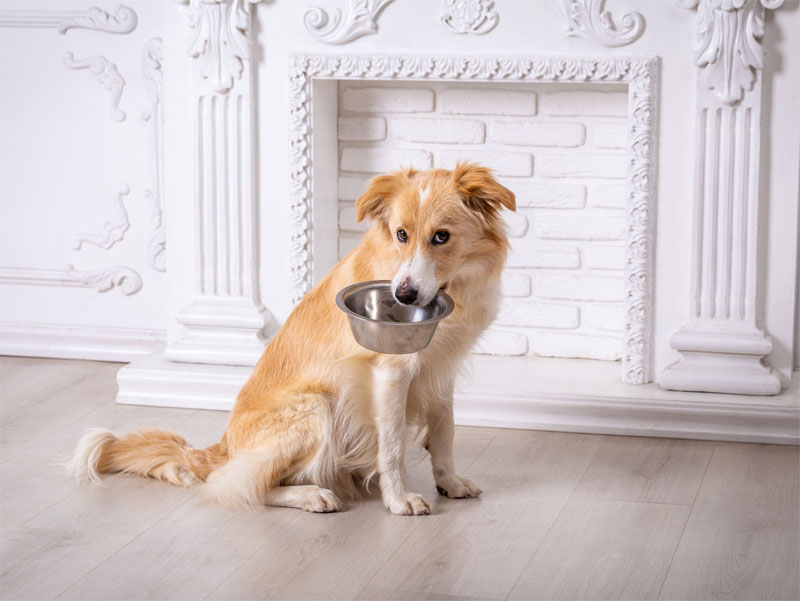
Raiding the Pantry for Your Pet
There are a variety of human foods that make good snacks or treats for your pets, too!
Good snacks for dogs include plain, boiled chicken, rice, chopped carrots and green beans, unsalted and unsweetened peanut butter with no xylitol, watermelon (with the seeds and rind removed), blueberries, plain popcorn (no unpopped kernels), and bananas in moderation.
Cats can enjoy a snack of tuna, mackerel, chicken, or beef – be sure to avoid overly salty meats to prevent dehydration and salt poisoning. They can also enjoy cheese, bananas, and pumpkin.
Just be careful when feeding your pet human foods to be sure it doesn’t contain ingredients toxic to dogs or cats. Since their digestive systems are so different from ours, certain foods that are safe for people are actually quite dangerous for pets. Some can cause mild illness while others can be fatally toxic.
Nutritional Counseling and Weight Management With Our Woodland Park Veterinarian
If you’re struggling to find a healthy diet for your pet, if your pet is overweight, has arthritis, suffers from allergies, or has a sensitive stomach, our veterinarian can help you choose the right food to meet your pet’s unique health and nutrition needs.
To learn more about selecting pet food, treats, and nutritional supplements for your dog or cat or to schedule a nutritional counseling appointment, we welcome you to contact Compassion Animal Hospital today.








